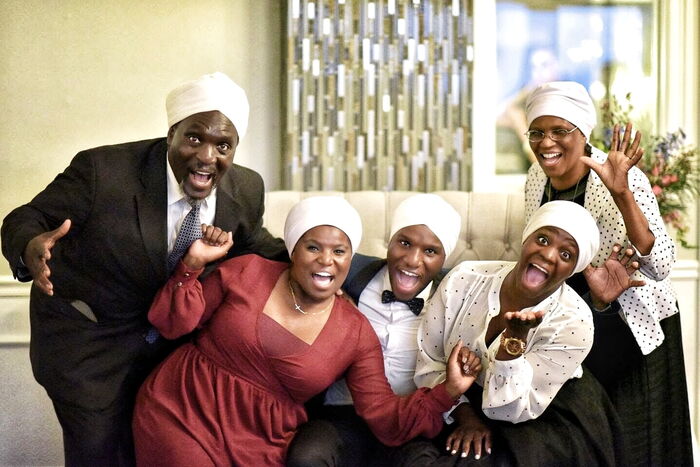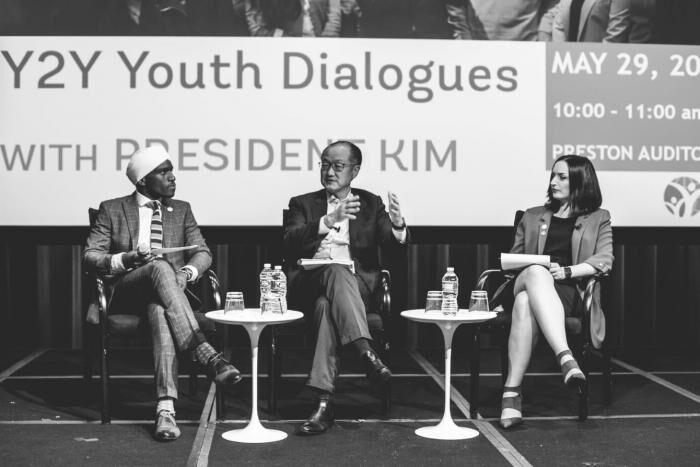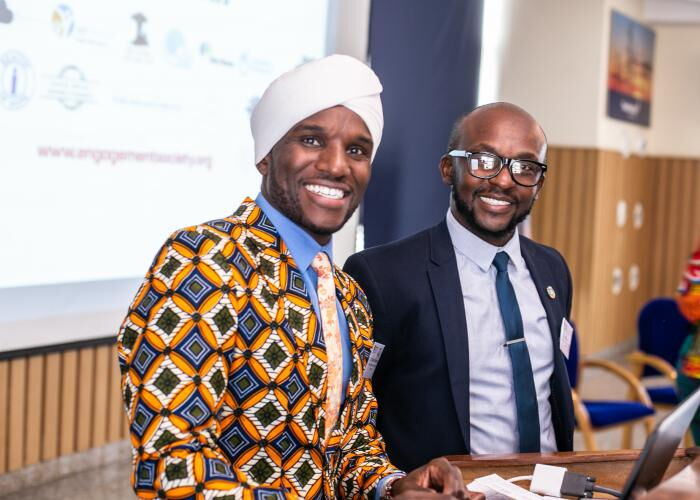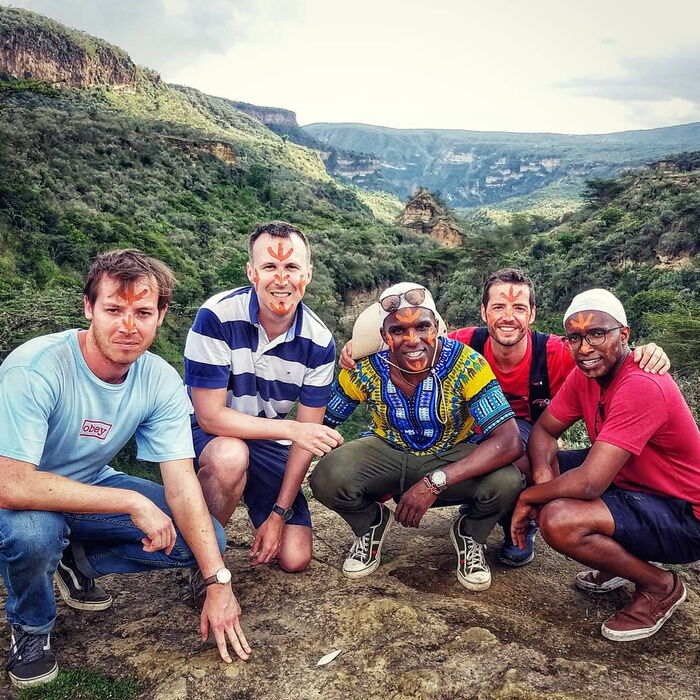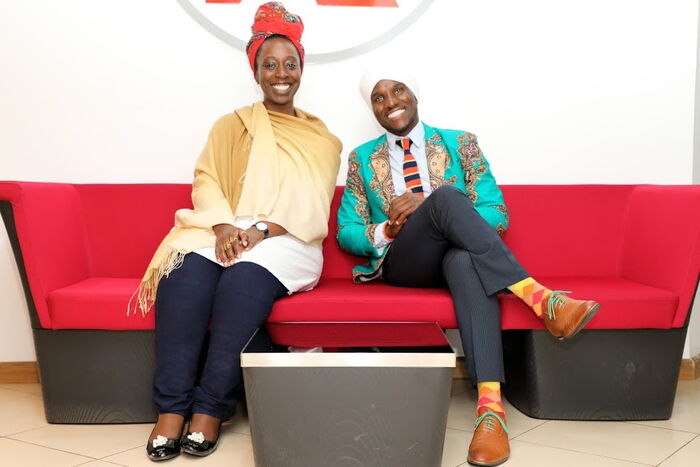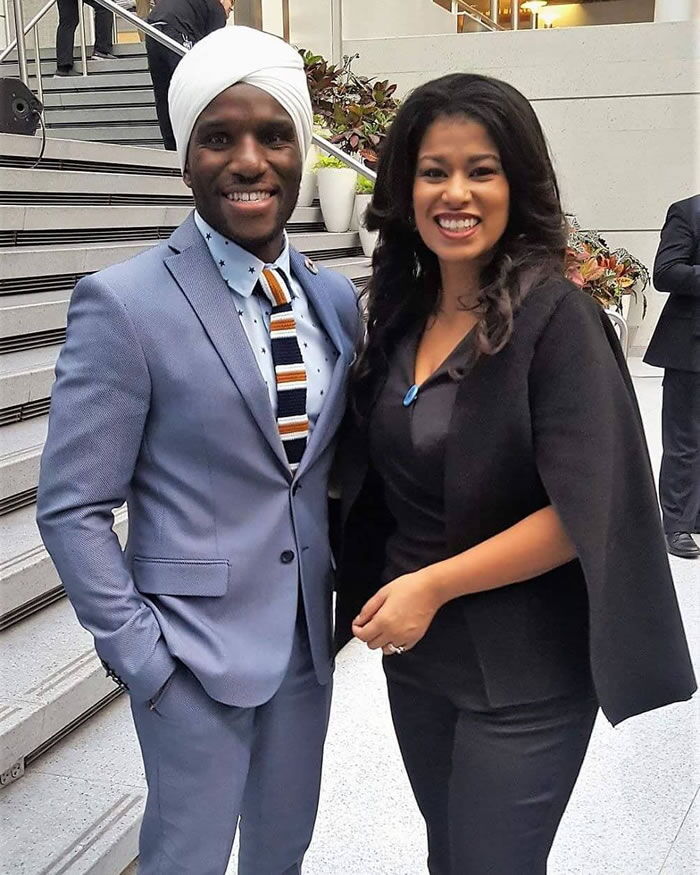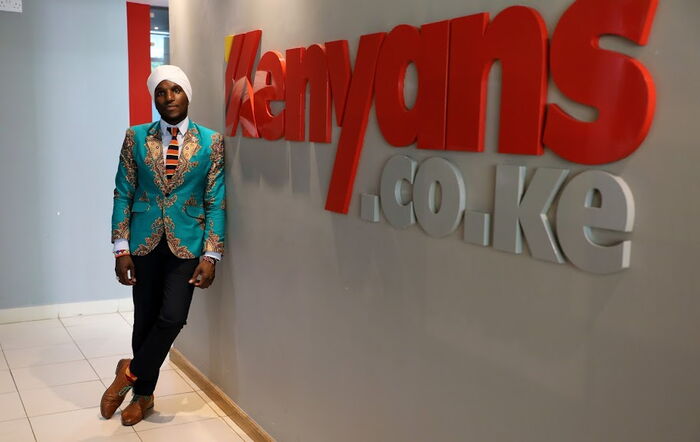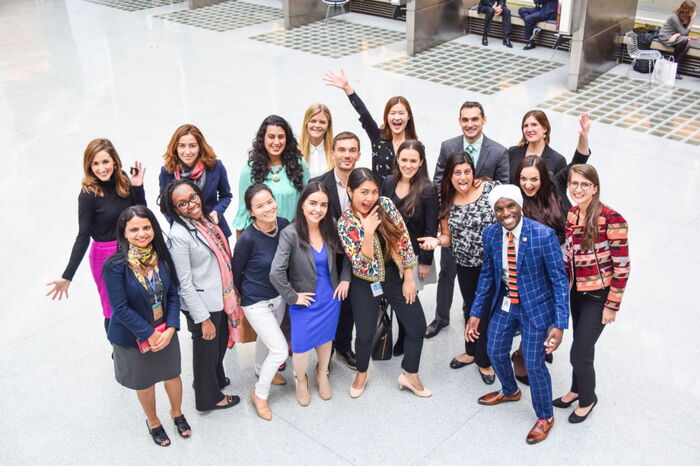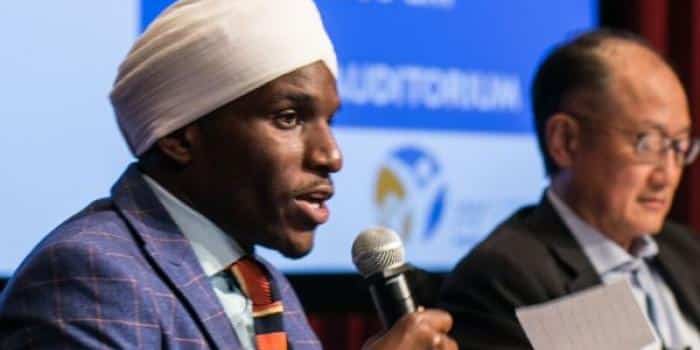
Turban. A cloth-winding headdress that when donned will undoubtedly make you conspicuous in any part of the world, from New York to Delhi, to Cairo, and to even the very dusty streets of Mwihoko in Kiambu.
Over the decades, turbans have served as a religious observance, notably among Shia Muslims, and with it, enduring negative connotations that fuel marginalisation and suspicion of the otherwise innocent faithful.
In Kenya, the Akorino – members of a relatively obscure African indigenous church, have borne the brunt of the default stereotype of anything and everything different. The fact that they are non-mainstream and considered ineffective in national politics makes them a subject of society-sanctioned ridicule and occasional awe when they fail to fit the nationally-assigned pigeonhole.
Today, these true African Christians or Arathi (prophets), Aroti (dreamers), or Wagithomo as they are popularly known – largely drawn from colonial Kikuyu – have stepped out of the shadows into a modern Kenya to court national significance.
This is probably why, in June 2019, President Uhuru Kenyatta chose the Akurino National Prayer Day at the Kasarani Gymnasium as the venue for the most memorable public outburst of his two terms, against his own kitchen Cabinet. His deputy, William Ruto, who seemed to be the target of the message, was in the auditorium alongside hundreds of other faithful clad in their signature white turbans and matching silk-white dress.
But it is the achievements of Dr. David Wachira, a man flying the Akorino flag high in Washington D.C. that truly highlights the relative ignorance of the Kenyan populace on the potency of the ideals of a religion non-aligned to any Western influence, borne of a non-violent movement in colonial Kenya.
Wachira, a Public Finance and Governance Specialist at the World Bank Group, has relentlessly bustled his way through the world of finance and academia in the United States, offering advisory work on matters of international significance – elevating the stature of the Akorino community in the process.
Always clad in the signature turban, Wachira gets to mingle with some of the planet’s mightiest with a raft of professionals scattered across the globe, from the US to Africa through Europe and Asia.
“My job is a typical 8 a.m. to 5 p.m. job like most people have. I am an early riser and when I walk in, I first check the emails because there are all these different time zones and my team is spread across different zones. I respond to them so they can get to the other side before the person’s business day ends,” he tells us as we settle in for an hour-long interview.
Wachira has had the honours of sitting across world leaders and global changemakers in various forums that form part of his day job.
“I remember when Madeleine Albright (former United States Secretary of State) came and gave a lecture, Michelle Obama, Hillary Clinton, Bill Gates and some heads of states have come in.”
“I happen to live very close to the bank so I walk to work. Right outside the building there is a sign that says, ‘The World Bank Group’ and at any given time there are people outside taking pictures and you are zigzagging around them just to get to the building.”
Wachira is an astute Kenyan with a penchant for bold, cutting edge fashion choices. Clad in a custom-fit pair of navy blue trousers, a bright green blazer emblazoned with African prints and clearly pricey pair of shoes, Wachira has in many ways departed from the clichéd Akorino dress.
Blessed with an eidetic memory, Wachira speaks in a conspicuous American accent, with unflinching fervency and maintains good eye contact as we engage him on his exciting career journey.
Throughout the sit-down, the Public Administration and Management Ph.D. holder made it clear that he thrives in challenging environments, which probably explains why he quickly rose up the ranks at the global lender, headquartered in what is arguably the most multicultural city.
“I like working across those [different] time zones because it stretches your day,” he says describing how he collaborates with colleagues stationed in Asia, a time zone that is a direct opposite to New York.
Wachira is also painfully frank, a trait he might have picked up after suffering rejection during his formative adult years when he was hellbent on joining law school.
“I had literally governed my life onto this particular path that I was going to walk on- law school. Texas was the university and that was it for me. Typical high-performing student, great exam scores and there is also this kind of pride that goes with it. But I did not get in, I got a letter of regret.
“I read it [the rejection letter] with a heavy heart. In fact, I broke down and I cried. In the house, I was with my mother and my friend Ezra. Ezra and I went to my mom’s room, read the letter, cried, prayed and that championed me to the next phase in life,” he narrated.
In that next phase, Wachira strived to set himself apart by reconsidering his choices in career and fashion. He has, however, kept his head covered in a turban since his childhood days in Kerugoya, Kenya to his glory days at the World Bank where he handles economic, analytical and advisory work on public administration and finance since he joined the organisation in 2013.
He was born in Kerugoya, Kirinyaga County, grew up in Nyahururu and moved to Texas, United States when he was in class seven. He comes from a family deeply knitted in religion but liberal enough to accommodate all people and went on to get a fiancée from a different culture. His parents were structured and hardwired with such principles as ‘one should not just offer help to their neighbours only when there is a return.’
Youth matters are very dear to his heart as are his friends, thanks to principles his parents instilled in him from an early age. He believes that his success story is enjoined in a treadmill that involves people who got there before him to pave the way so he could catapult the organisation to achieve its collective goal. He is keen to ensure he passes the baton on to the upcoming generation.
“I wasn’t the brightest kid in Nyahururu, I was just the one who was given the opportunity and if we give people a chance to compete on a level playing field, the country will go very far,” he notes.
From how he articulates issues and his body language, it is clear that he is cut from a different cloth which he credits his grandmother for playing a big role in selecting the fabric. Even though she was not educated, she believed in the power of transformation and always pushed him to achieve the highest level of education he could. Wachira heeded her call and earned himself a Ph.D.
“She knew the value of education and she instilled it in us till the day she died (in 2014, a year after he had joined World Bank). I could see her joy and happiness. She did not know what Bachelors, Masters and Ph.D. were and I stayed in the University for 11 years but for all that time, she kept praying for me,” he pointed out that his grandmother was his greatest influence.
The story of his life has been a rather tough one and as he admitted, the conversation almost always gravitated around how he got himself in the US and still maintained his religion. Wachira was not born wealthy. When he attained the legal age of 18, he did various manual jobs like carpeting floors and got paid peanuts and sometimes none at all. He also worked at a grocery store, a dairy shop and a butchery.
The tough times were not just experienced by Wachira but his whole family. He says that his parents endured odd jobs to put food on the table, including one time when he had to accompany his mother to sweep an office in the after-hours.
In the US, Wachira went to three universities, University of North Texas (Ph.D.), Tarleton State University (MA, History) and University of Mary Hardin Baylor (BA, Political Science & History) and at one time, after finishing his master’s degree, risked being deported on expiry of his study visa. After finishing his Master’s degree, he was hell-bent on joining law school but the shocker came in when his application was rejected.
“I was an international student which means I needed to be in school the next semester, otherwise I was going to overstay my visa. I had just completed undergrad and I did not want to enroll in any course just to extend my visa. All I knew was that I wanted to stay in Texas because that was where my family was,” he recounted.
The only solution that would salvage him from the predicament was for him to pursue a Ph.D. program. So he researched all the information that was available in Texas and enrolled for Public Administration and Management at the University of North Texas, a study field he knew nothing about.
He went to the institution, a three-hour drive away, without appointment but to seek admission and luckily met David McIntire, the chairman of the program, by chance and expressed his interest in joining the institution. He later applied and joined the institution and started his long journey into a career path he had never thought of before. He later admitted that Math was not his strongest suit but he found a way to survive and thrive in the field.
In line with his passion for youth and a life of service, Wachira confirmed that he was open to run for office in Kenya if an opportunity arose.
“I have a specific set of talents that either got me at the bank or got me into Academia and they can easily be turned and put into the life of public service. It has started, of course, in the work that we are doing in youth and development… I believe I have something to offer and I want to offer it,” he confided to Kenyans.co.ke.
By
Source-kenyans.co.ke



